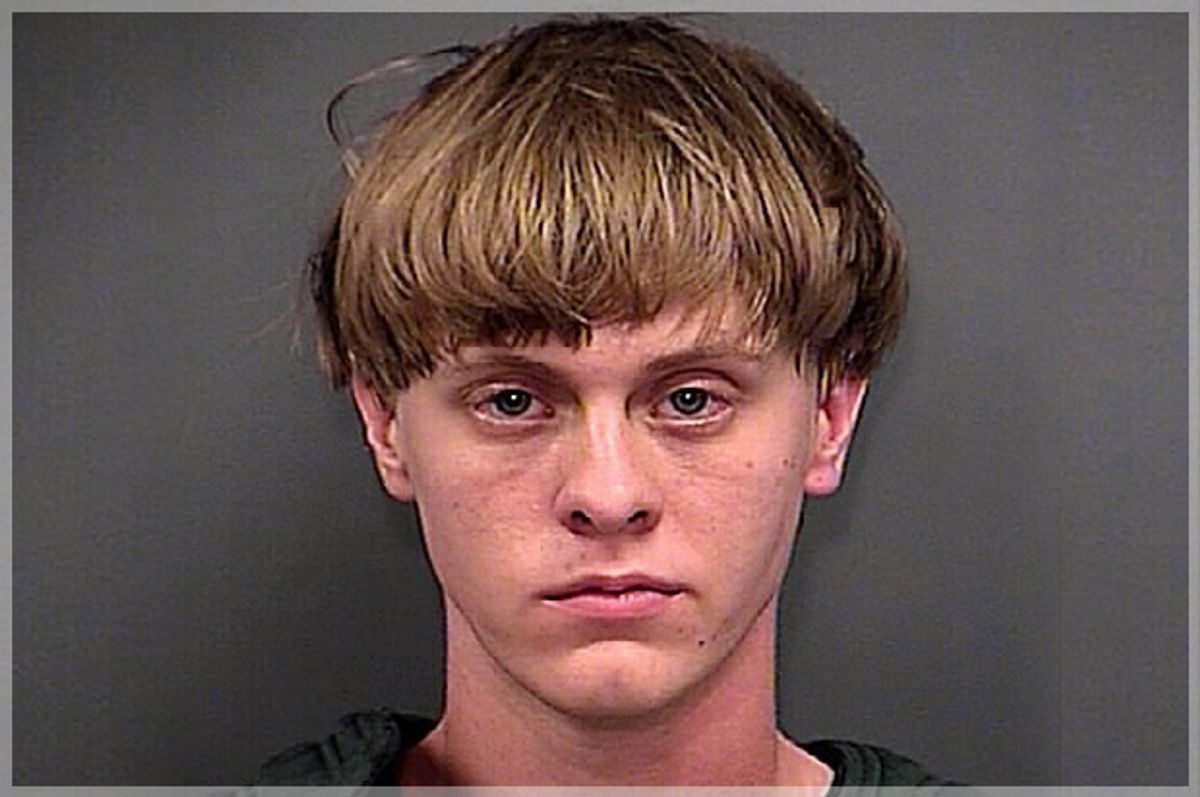 Horrific mass shootings, like Dylann Roof’s church rampage in Charleston and Vester Flanagan’s on-air murders in Roanoke, Virginia grab headlines, but when David Conley broke into his ex-girlfriend Valerie Jackson’s home in Houston, Texas on August 8 and allegedly shot her and her six children to death, it was treated as an act of domestic violence, and got considerably less attention. But it was by any definition a mass shooting.
Horrific mass shootings, like Dylann Roof’s church rampage in Charleston and Vester Flanagan’s on-air murders in Roanoke, Virginia grab headlines, but when David Conley broke into his ex-girlfriend Valerie Jackson’s home in Houston, Texas on August 8 and allegedly shot her and her six children to death, it was treated as an act of domestic violence, and got considerably less attention. But it was by any definition a mass shooting.
This is the untold story behind many mass shootings. Fifty-seven percent of mass shootings in America between 2009 and July 2015 involved a family member or intimate partner; 81 percent of the victims were women and children, the Huffington Post recently found.
There is no standard definition of a mass shooting, but generally it is understood to be a shooting of four or more people. Even under this definition, domestic violence killings make up the majority of mass shootings.
For years, we’ve come to consider a mass shooter as a gun-toting suspect, almost always male, who enters a public space and kills many people, most of them strangers. In fact, most shootings occur in private place where the victims know their murderer, and his violent propensities, all too well. And the killings are rarely random.
Shannon Watts, founder of Moms Demand Action for Gun Sense in America, says the reason Americans aren’t drawing a connection between domestic violence and mass shootings is because most state legislatures and our Congress are made up of men who are failing to see the link. There is also the insidious victim-blaming that says women can and should avoid knowing or becoming involved with violent men.
“They’re not making the policies that protect our communities and our families and our sisters and mothers and daughters,” Watts told AlterNet. “Those policies are being made mainly by people who aren’t being impacted by domestic violence. ”
Watts says the dearth of women making policy decisions gives gun advocates free rein to lobby for laws that support gun ownership, even for people who clearly shouldn’t be in possession of firearms. Women make up fewer than 25 percent of all state legislatures, despite being 50 percent of the U.S. population.
Federal law bars domestic abusers who have been convicted of misdemeanor domestic violence from owning guns. But these laws are far from adequate. The law generally protects spouses, co-parents or intimate partners who live together, not dating partners. Though 69 percent of intimate partner homicides were committed by a spouse in 1980, the number of murders committed by a dating partner rose to nearly 50 percent by 2008. Only 10 states have gun bans against misdemeanor domestic violence abusers who have attacked women they’ve dated, according to the Center for American Progress.
Therein lies the loophole.
The federal ban on domestic abusers is limited because its definition of an abuser excludes acts of violence such as stalking, harassment and other forms of intimidation. Many abusers stalk their victims before harming them. Even if someone is convicted of stalking, he or she can still legally purchase a gun. The National Center for Victims of Crimes reports that 7.5 million people were stalked in 2011; 61 percent of those people were women.
David Conley allegedly threatened his ex-girlfriend, Valerie Jackson, with violence at least three times prior to the August 8 shooting. Abusers are eight times more likely to kill their victims if they have access to a gun.
Due in part to all of these loopholes, women and children make up the majority of mass shooting victims. A closer look at the Huffington Post data reveals that between 2009 and July 2015, 70 percent of mass shootings took place at homes. In those cases, 42 percent of the incidents involved a former or current intimate partner.
The close correlation between mass shootings and domestic violence is not new. In 2013, AlterNet reported that 57 percent of mass shootings dating back to 2009 involved a shooter who killed a spouse or family member; at least eight of the shooters had a prior domestic violence charge.
Shannon Watts says these figures should serve as a wakeup call to the nation that loose gun laws are enabling abusers to kill innocent women and children.
“That is why it is so important for women to realize that we are being victimized by mass shootings,” she said. “We need to use our voices and our votes to change the laws and close the loopholes that allow online [gun] sales to dangerous people. We need to use our voices and votes to redefine what a domestic abuser is and to make sure we are keeping guns out of the hands of dangerous people.”



Shares